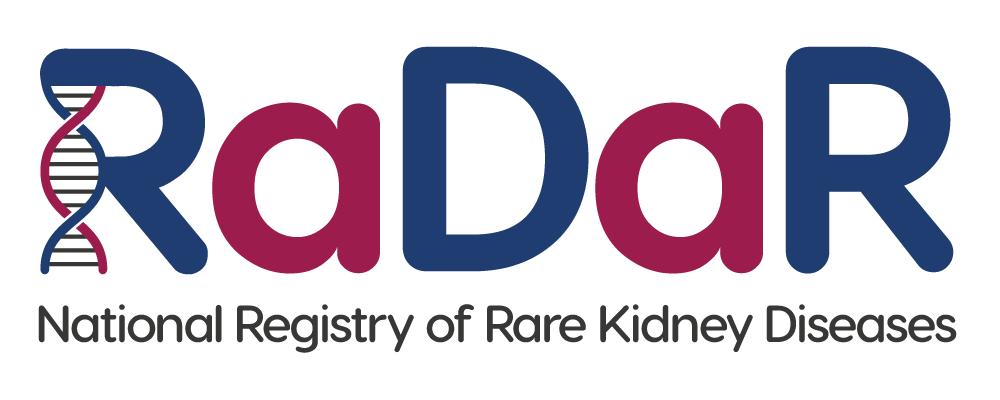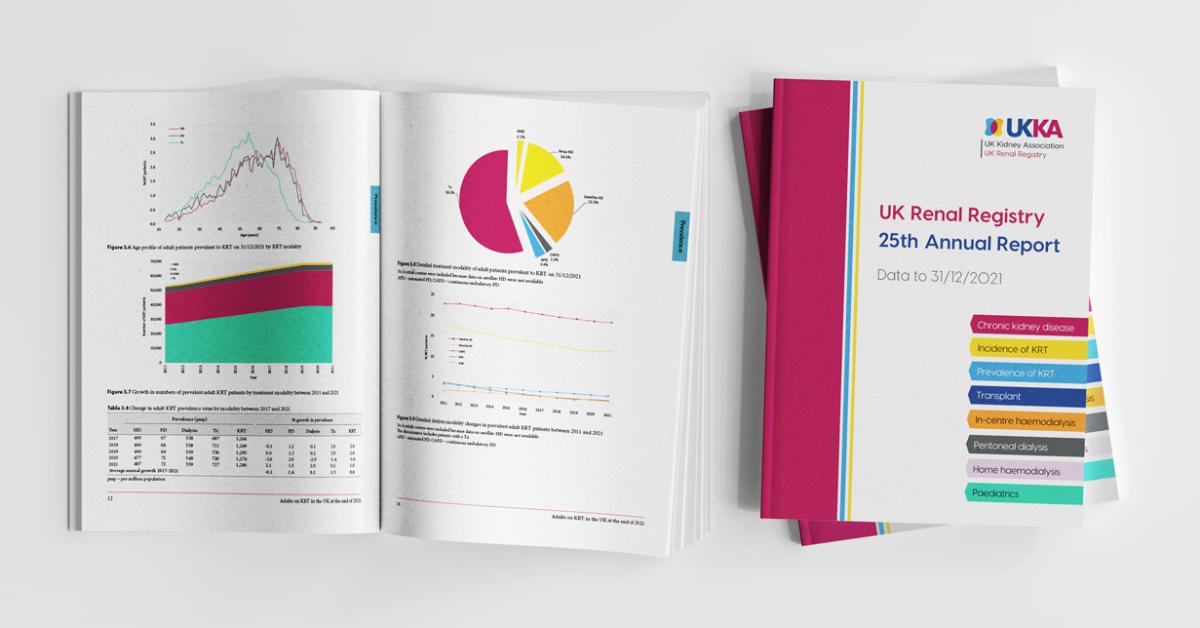Clinician Information
Patients with mutations and deletions of the Hepatocyte Nuclear Factor-1 Beta (HNF1B) gene can have a variety of clinical features1. We have summarised which tests may be helpful in the detection and monitoring of different aspects of the disease based on our centre’s experience in monogenic diabetes. There is currently insufficient information in the literature for evidence-based guidelines.
All patients should undergo a renal ultrasound scan to look for evidence of a renal structural anomaly. If abnormal, we would suggest this is repeated every 3-5 years.
If the initial ultrasound scan is unremarkable, we would suggest repeating this every 3-5 years throughout childhood. In adults, it should be sufficient to monitor renal function using serum creatinine and estimated glomerular filtration rate (eGFR).
Imaging may also detect genital tract malformations, which can be seen as part of the disease spectrum.
All patients should have their renal function checked with a serum creatinine and eGFR measurement. If patients have evidence of chronic kidney disease (CKD), they should be monitored in accordance with the clinical guidelines set out by the National Institute for Health and Care Excellence2.
Adults with normal renal function should have their serum creatinine and eGFR repeated annually. For children with normal renal function, the frequency of monitoring will depend on their clinical situation – every 2-3 years may be sufficient in some circumstances.
Patients develop diabetes at a mean age of 24 years but the age of diagnosis can vary widely (reported range 0-61 years)3. Patients with known diabetes will need regular monitoring of HbA1c levels.
In adults without a diagnosis of diabetes, we would suggest an annual check of HbA1c. In children without a diagnosis of diabetes, annual urinalysis to test for glycosuria may be helpful. We would also recommend monitoring HbA1c when routine blood samples are being collected. Although HbA1c measurement is not appropriate for diagnosing type 1 diabetes in children4, diabetes associated with HNF1B disease usually has a more insidious onset. Families should also be educated on the development of diabetes symptoms (polyuria, polydipsia and unexpected weight loss).
The following table summarises other tests that are useful in HNF1B disease.
|
Clinical feature |
Test | Comment |
| Pancreatic exocrine dysfunction | Faecal fat Faecal elastase | Pancreatic enzyme replacement therapy will be required if evidence of clinically significant malabsorption |
|
Deranged liver function |
Liver function tests |
Increase in liver enzymes may be seen and is usually asymptomatic |
|
Hypomagnesaemia |
Serum magnesium |
Hypomagnesaemia is usually asymptomatic and rarely requires treatment |
| Early onset gout/hyperuricaemia |
Serum urate |
Hyperuricaemia may predispose to gout |
The frequency of monitoring will depend on the clinical situation.
Patients with a whole gene deletion of the HNF1B gene are at risk of neurodevelopmental disorders such as autism spectrum disorder. If patients have concerning symptoms, referral for psychiatric assessment should be considered5.
1. Bingham C and Hattersley AT. Renal cysts and diabetes syndrome resulting from mutations in hepatocyte nuclear factor-1b. Nephrol Dial Transplant 2004; 19: 2703-08
2. National Collaborating Centre for Chronic Conditions. Chronic kidney disease: national clinical guideline for early identification and management in adults in primary and secondary care. London: Royal College of Physicians, September 2008.
3. Chen Y et al. Systematic review of TCF2 anomalies in renal cysts and diabetes syndrome/maturity onset diabetes of the young type 5. Chin Med J 2010; 123: 3326-33
4. John WG. Use of HbA1c in the diagnosis of diabetes mellitus in the UK. The implementation of World Health Organization guidance 2011. Diabet Med 2012; 29: 1350-7
5. Clissold R et al. HNF1B-associated renal and extra-renal disease- an expanding clinical spectrum. Nat. Rev. Nephrol. 2015 Feb:11(2): 102-12
6. Clissold RL, Shaw-Smith C, Turnpenny P, Bunce B, Bockenhauer D, Kerecuk L, Waller S, Bowman P, Ford T, Ellard S, Hattersley AT, Bingham C (2016): Chromosome 17q12 microdeletions but not intragenic HNF1B mutations link developmental kidney disease and psychiatric disorder. Kidney International 90:203-211




